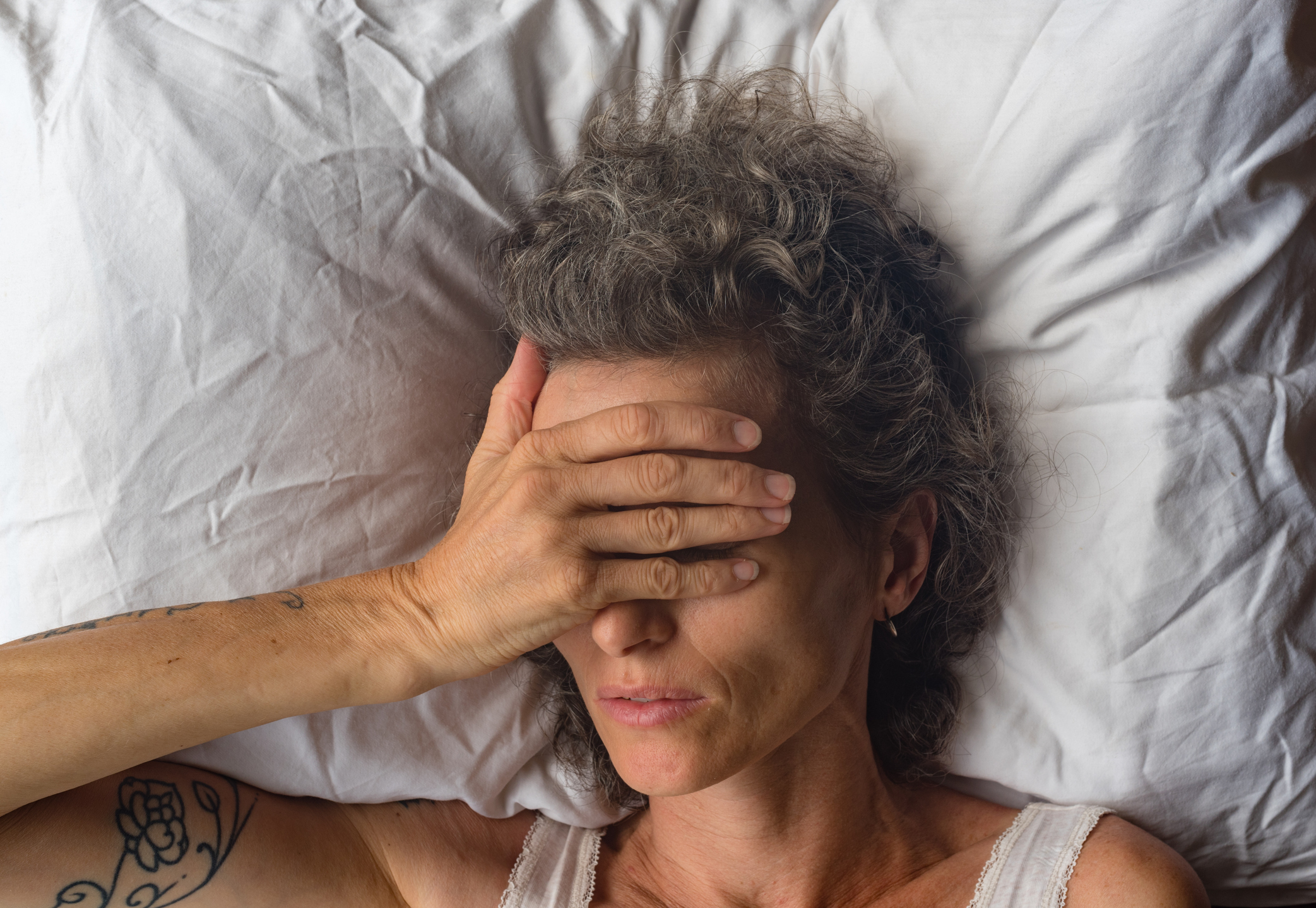Understand Your Body Clock

You will feel better and function better if you can work and sleep at times of day the body naturally prefers for these activities.
~ 2 min read

Your body clock also directs manual dexterity, ups and down in reaction time, and the the rise and fall of body temperature and blood pressure over the day. It sparks hunger pangs before your usual meal times, controls how fast medications work, and directs the timing of hundreds of functions that make your body run smoothly.
~ 2 min read

These two seemingly opposed internal processes—the body clock and the sleep drive—work together to make it possible for people to stay awake for 15 or 16 hours, and then sleep roughly seven to nine hours straight.
~ 2 min read
Your body clock adjusts to schedule changes. This process moves slowly, however. After switching between day work and night work, for example, most people find it takes several days to feel as alert and sleep as soundly as they usually do.
~ 1 min read
Learn to tell time on your body clock. Then use body time to organize your day.
~ 2 min read

Savvy railroaders have devised tactics to cope with their often unpredictable hours. They have figured out how to best get sleep in daylight hours, when sunlight, noise, and other factors make sleep shorter or less restful than it would be at night.
~ 1 min read
 Railroaders' Guide to Healthy Sleep
Railroaders' Guide to Healthy Sleep